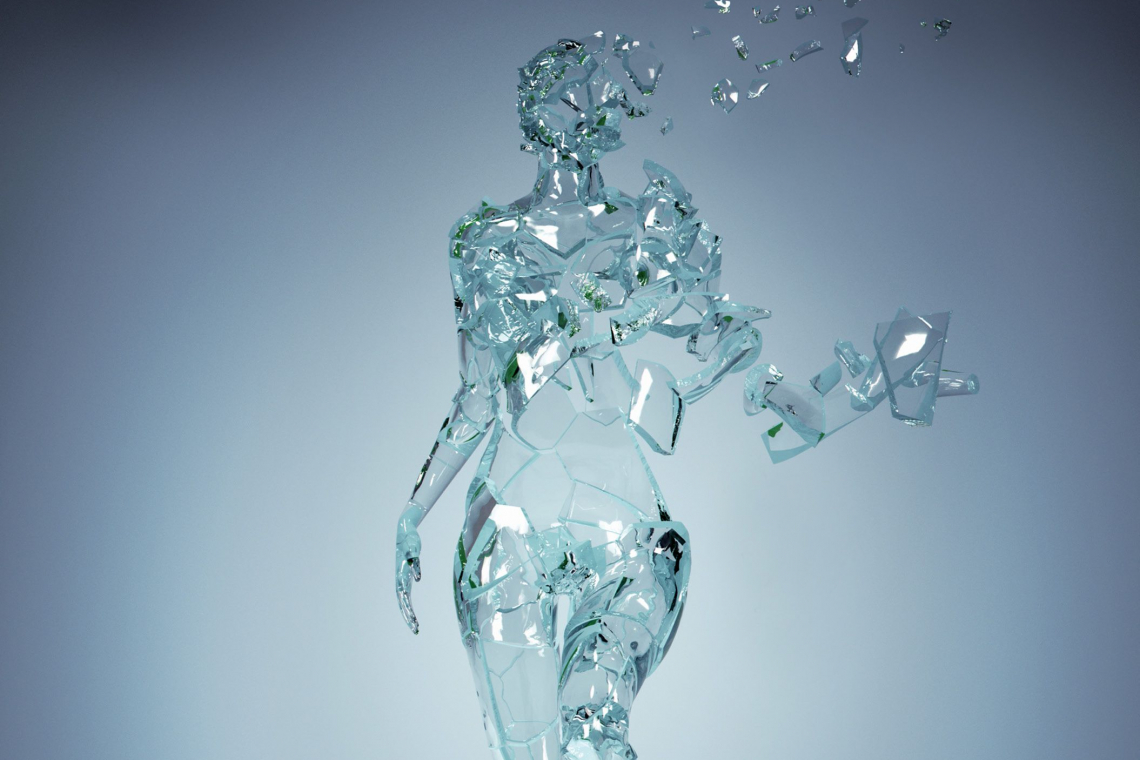Authors: Jonathan Davidow, Colin Michie
After the Rain
After the rain withers to fine spray
Wind sweeps in, fresh and reviving,
Down on the banana, coconut, casuarina.
They rock and wave victorious arms
And you think: After all that rain, who
Would believe such emergence could be true?
~Anthony Kellman, Barbados
The people of Sint Maarten know two things for sure: how tough life can be sometimes, and how beautiful it is most of the time. Like waves on the island beaches, good times and bad times ebb and flow.
Life can be hard; events can destroy parts of the world we once knew. With the help of friends and family, we usually pick up the pieces and find joy again. On some occasions, though, life’s tides and waves are too big, or just relentless: It may be destruction in the wake of a hurricane, death in the family, an abusive partner, a road traffic accident, challenges at work, or perhaps several of these together. In the face of these traumas, the mind can react in ways we have not experienced before.
We might begin to become anxious, irritable and unhappy with the life we once loved. Our sleep and dreams change. We feel we must be responsible in some way, possibly despairing or suicidal. We take out our pain on those around us, isolating ourselves; re-living memories whenever we are reminded of that trauma.
These changes are protective, coping ways our minds can employ; we all develop them. They are nothing to be ashamed of. They can be referred to as post-traumatic stress disorder (PTSD). PTSD is common: it is not just the “battle fatigue” or “soldier’s heart” described in military combatants or inhabitants of war zones. Deep within your brain, the amygdala regulates passions, emotions and sleep patterns. It works like a smoke detector. The amygdala prescribes agitation and anxiety when we need to be afraid and watchful – useful reactions in day-to-day life. However, just like that smoke detector that keeps alarming, these responses become really unhelpful when repeated in PTSD.
The Covid pandemic has traumatized each of us differently over many months. Its troubles include children, young people and their development. Illness, bereavement, changed employment and the absence of physical contacts, singing and dancing within our communities have changed our existences. Some have been trapped in homes where addiction, mental health problems, aggression or abuse challenge reasonable endurance. These events are likely to cause PTSD. Staff from UK intensive care units were surveyed last month: nearly half were found to be suffering with PTSD. These five questions might help you or those around you measure your mental responses.
To start: Have you had nightmares about Covid events, or thought about it when you didn’t want to? Have you tried hard not to think about Covid, or gone out of your way to avoid situations which remind you of it? Have you been constantly on guard, watchful, or easily startled? Have you felt numb or detached from people, activities, or your surroundings? Have you felt guilty or unable to stop blaming yourself or others for Covid, or any problems it may have caused?
Most of us will answer “yes” to one or two of these, but if your score was three or more, it is possible you have PTSD. Many tend to hide these stresses. Our languages are full of encouragement to “take the strain”, “grin and bear it”, “puedo soportalo”. It is true that over a few weeks, stress reactions often resolve in most of us. However, if after three months you have not recovered; if the nightmares persist, seek professional help. Speaking to a good listener, a pastor, counsellor, doctor or specialist, who sincerely wants to help, is a valuable defence against PTSD taking hold, of becoming a dark legacy.
Counselling therapies are particularly effective at tackling nightmares, as reported from work with firefighters. Other approaches have been shown to be useful, including mindfulness and yoga. Take time to relax, recognizing that remarkably little lies within our control. Follow regular routines, explore what helps, what hinders. This is particularly useful in finding methods that help your sleep. Sleep disruption often influences your memory and daily performance.
Perhaps your spiritual community can provide support? Churches and faith groups are well established in island communities, providing uplifting and positive care. Congregations may be closer to you, even when formal services and worship are constrained by Covid regulations. Sharing and communicating life-affirming hopes will heal – this yeast of our streets and squares is powerful.
Waves of life and tropic downpours will not stop. These are better tackled as a community. Seek out the lonely around you, engage with them in these Covid times. We can rebuild better, recognizing PTSD. St. Martiners have a long and distinguished history of recovery.







